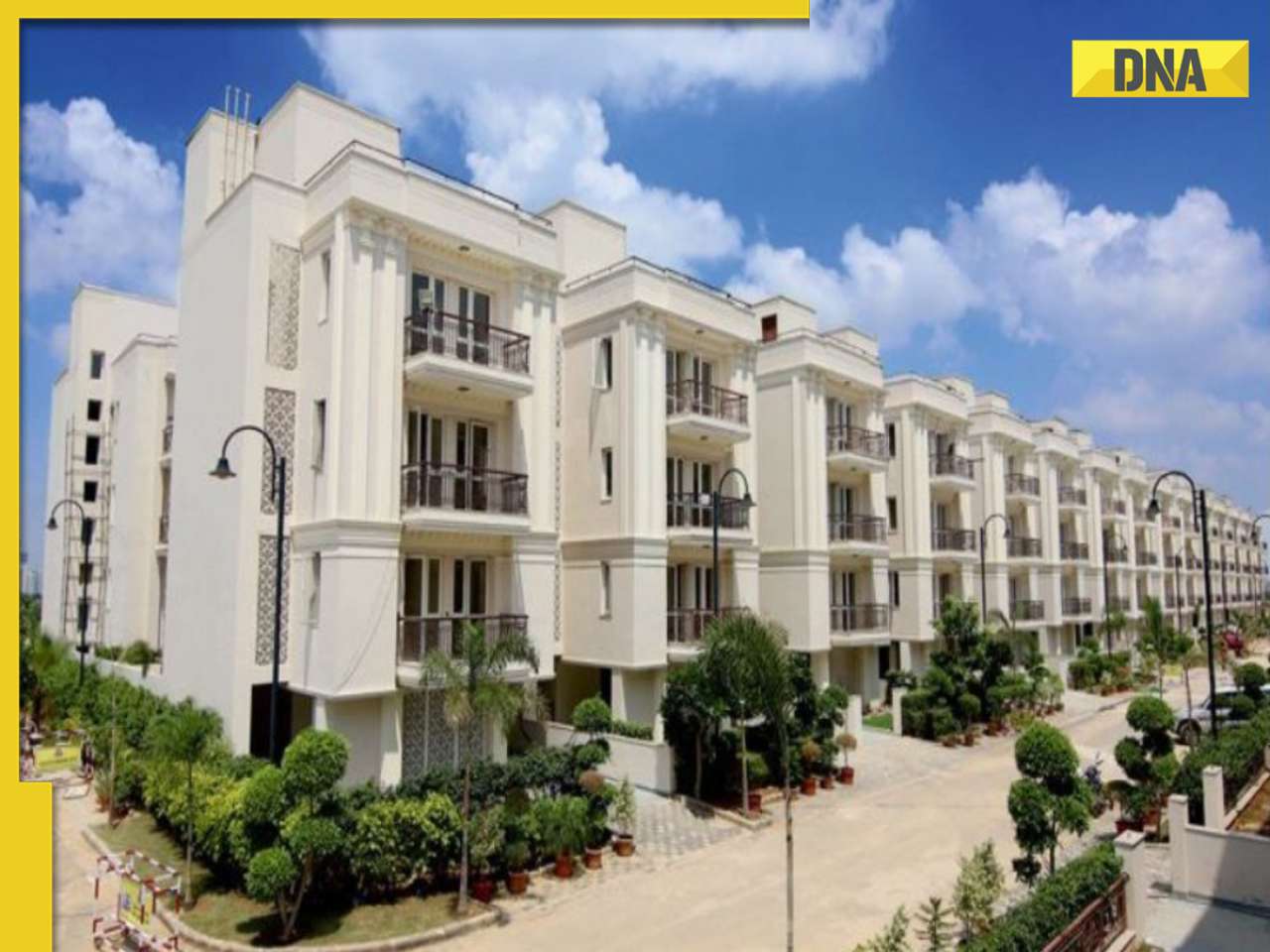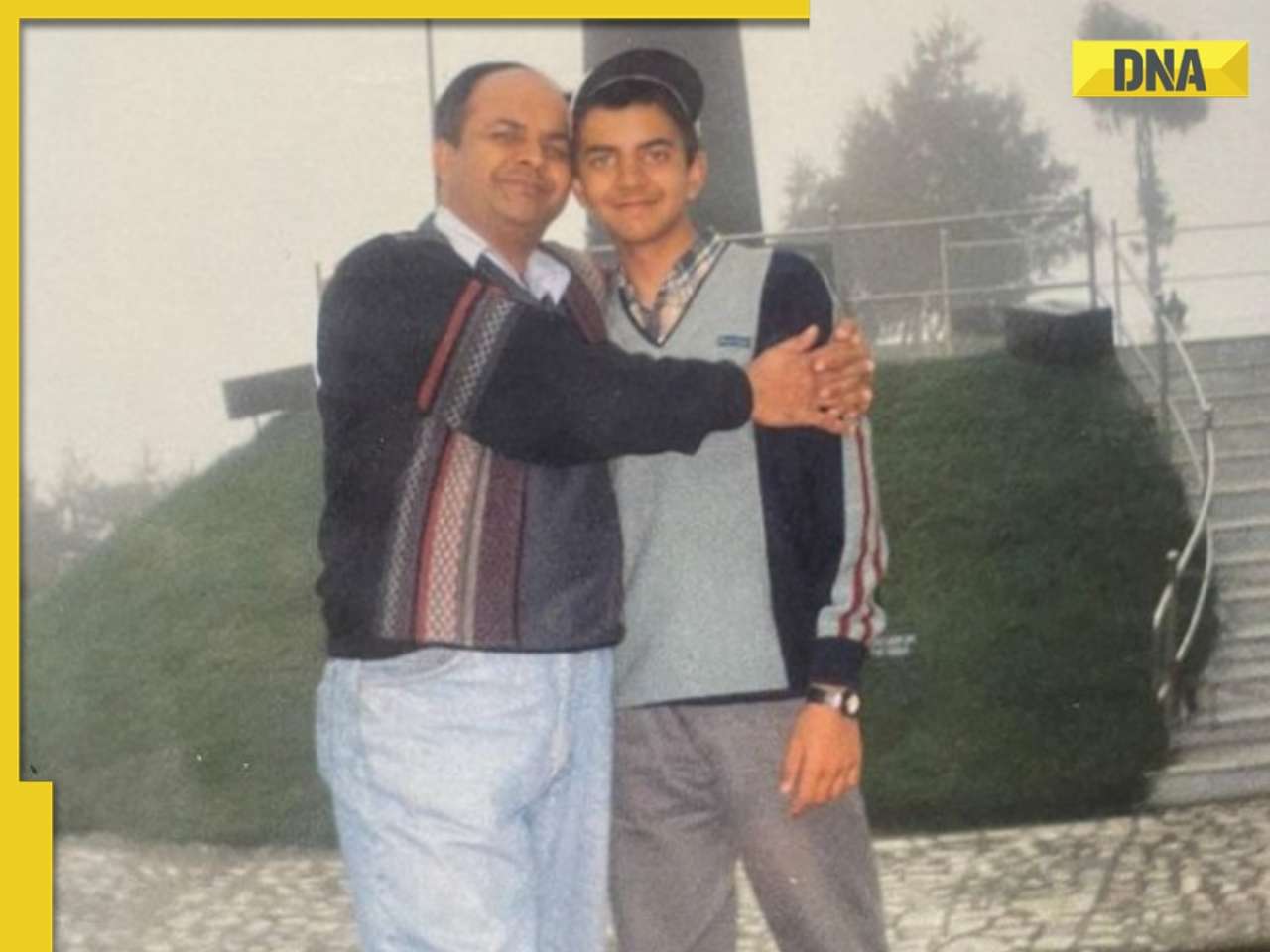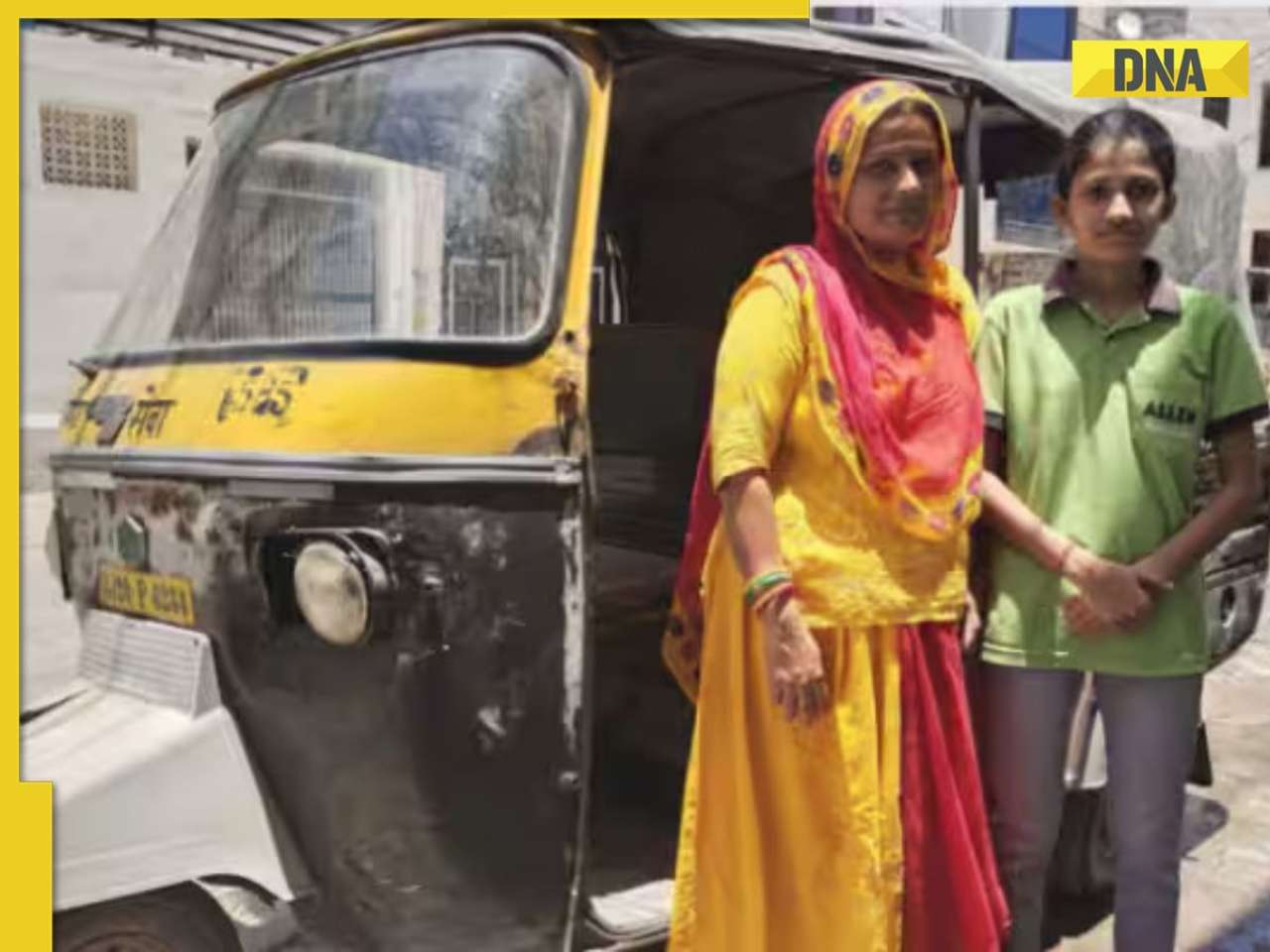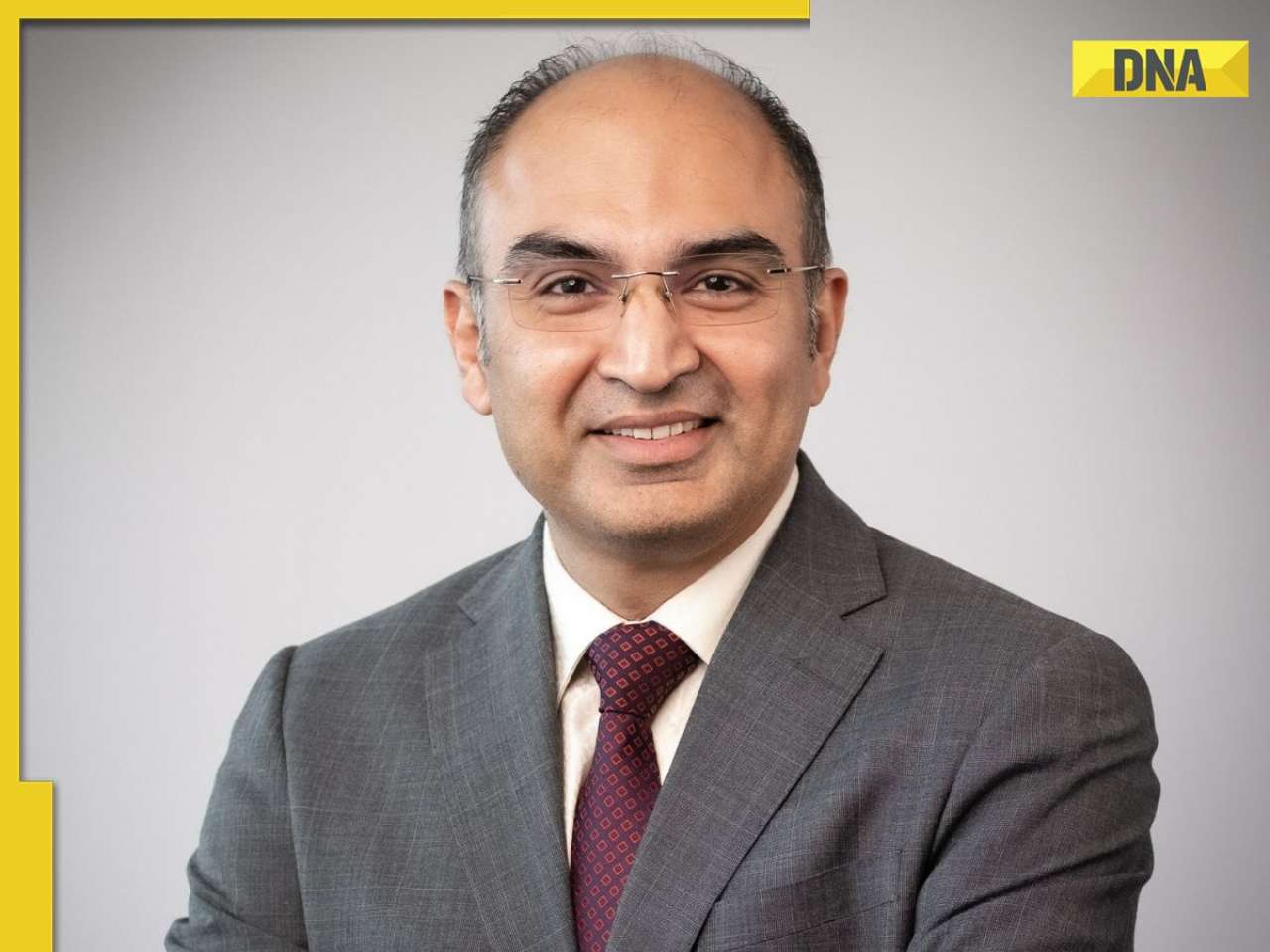Sunday's attack was the bloodiest against Iraq's Christian minority since the 2003 US-led invasion, and drove fear deep into the hearts of many Iraqi Christians who had so far resisted the urge to flee their war-torn country.
Iraq launched an investigation on Tuesday into a church raid in which 52 hostages and police were killed, trying to find out how al-Qaeda-linked gunmen managed to storm the building despite checkpoints, an official said.
Sunday's attack was the bloodiest against Iraq's Christian minority since the 2003 US-led invasion, and drove fear deep into the hearts of many Iraqi Christians who had so far resisted the urge to flee their war-torn country.
Baghdad security spokesperson Major General Qassim al-Moussawi said the assailants were disguised as guards working for a private security firm and carried fake ids.
"We have formed an investigation to uncover details of the attack and if we discover anyone has been negligent or complicit, he will be held strictly accountable," Moussawi said.
"We have many question marks about how such a large number of terrorists managed to reach the church in the heart of Baghdad," he said.
Defence minister Abdel Qader Jassim said the authorities ordered the detention of the police commander in charge of the district where the church attack took place for questioning, a standard procedure after high-profile attacks.
Gunmen tied to an Iraqi al-Qaeda offshoot seized hostages at the Our Lady of Salvation Church, a Syrian Catholic cathedral, during Sunday mass, demanding the release of women they said had converted to Islam but were being detained by the Coptic church in Egypt. Early reports said they also sought the release of al-Qaeda prisoners in Iraq and Egypt.
The attack, which lasted several hours, ended when security forces raided the church to free more than 100 Iraqi Catholics.
The siege was far from being one of the bloodiest incidents in the 7-12 years of sectarian warfare and insurgency unleashed after the 2003 US-led invasion, and in which tens of thousands of Iraqis died, the vast majority Shi'ite and Sunni Muslims.
But it has provoked a worldwide outburst of anguish and cast a spotlight on Iraq's fragile stability as the sectarian bloodshed recedes and US forces scale down their presence ahead of a full withdrawal next year.
Iraq is still waiting for politicians to agree on a new government almost eight months after an inconclusive election, creating a political vacuum that Sunni Islamist insurgents have sought to exploit through devastating assaults.
Some security officials said that most of Sunday's casualties occurred during the raid, either when assailants wearing suicide vests blew themselves up or threw grenades, or in the ensuing gunfight. Other reports on Tuesday said the gunmen might have started to kill the hostages en masse before the police raid.
Communications authorities ordered the closure of an Iraqi TV channel, al-Baghdadiya, that they accused of broadcasting a report about the rescue mission before it began.
The Communications and Media Commission said the report might have "pushed the attackers into speeding up their plans to kill their hostages and blow up the church, forcing the security forces to storm the church ..."
Moussawi said investigations so far had shown the attackers, who he said were 10 in number and included five suicide bombers, were well prepared. Five were arrested.
"The terrorists were professional. They were carrying fake identity cards and also fake official letters, and they were wearing the uniforms of private security guards," Moussawi said.
Reports on the final death toll were confusing on Tuesday.
Deputy health minister Khamis al-Saad said 34 people were killed and 77 wounded. The defence minister said 34 civilians and 9 security force members died.
A deputy interior minister said on Monday that 52 police and hostages had died.
The conflicting numbers provided by the health ministry could be a result of a delay in hospitals sending through paperwork on the death certificates they had issued.
"Nowhere is safe anymore, not even the House of God," the auxiliary Bishop of Baghdad of the Chaldeans, Shlemon Warduni, told Vatican Radio.
"This attack will have a very negative influence on those who until now had chosen to remain in Baghdad, with many saying they are ready to leave."
![submenu-img]() Anant Raj Ventures into tier 2 and tier 3 cities, pioneering growth in India’s real estate sector
Anant Raj Ventures into tier 2 and tier 3 cities, pioneering growth in India’s real estate sector![submenu-img]() Sophie Turner reveals she wanted to terminate her first pregnancy with Joe Jonas: 'Didn't know if I wanted...'
Sophie Turner reveals she wanted to terminate her first pregnancy with Joe Jonas: 'Didn't know if I wanted...'![submenu-img]() Meet outsider who was given no money for first film, battled depression, now charges Rs 20 crore per film
Meet outsider who was given no money for first film, battled depression, now charges Rs 20 crore per film![submenu-img]() This is owner of most land in India, owns land in every state, total value is Rs...
This is owner of most land in India, owns land in every state, total value is Rs...![submenu-img]() Meet man who built Rs 39832 crore company after quitting high-paying job, his net worth is..
Meet man who built Rs 39832 crore company after quitting high-paying job, his net worth is..![submenu-img]() Meet woman who first worked at TCS, then left SBI job, cracked UPSC exam with AIR...
Meet woman who first worked at TCS, then left SBI job, cracked UPSC exam with AIR...![submenu-img]() Meet engineer, IIT grad who left lucrative job to crack UPSC in 1st attempt, became IAS, married to an IAS, got AIR...
Meet engineer, IIT grad who left lucrative job to crack UPSC in 1st attempt, became IAS, married to an IAS, got AIR...![submenu-img]() Meet Indian woman who after completing engineering directly got job at Amazon, then Google, Microsoft by using just...
Meet Indian woman who after completing engineering directly got job at Amazon, then Google, Microsoft by using just...![submenu-img]() Meet man who is 47, aspires to crack UPSC, has taken 73 Prelims, 43 Mains, Vikas Divyakirti is his...
Meet man who is 47, aspires to crack UPSC, has taken 73 Prelims, 43 Mains, Vikas Divyakirti is his...![submenu-img]() IIT graduate gets job with Rs 100 crore salary package, fired within a year, he is now working as…
IIT graduate gets job with Rs 100 crore salary package, fired within a year, he is now working as…![submenu-img]() DNA Verified: Is CAA an anti-Muslim law? Centre terms news report as 'misleading'
DNA Verified: Is CAA an anti-Muslim law? Centre terms news report as 'misleading'![submenu-img]() DNA Verified: Lok Sabha Elections 2024 to be held on April 19? Know truth behind viral message
DNA Verified: Lok Sabha Elections 2024 to be held on April 19? Know truth behind viral message![submenu-img]() DNA Verified: Modi govt giving students free laptops under 'One Student One Laptop' scheme? Know truth here
DNA Verified: Modi govt giving students free laptops under 'One Student One Laptop' scheme? Know truth here![submenu-img]() DNA Verified: Shah Rukh Khan denies reports of his role in release of India's naval officers from Qatar
DNA Verified: Shah Rukh Khan denies reports of his role in release of India's naval officers from Qatar![submenu-img]() DNA Verified: Is govt providing Rs 1.6 lakh benefit to girls under PM Ladli Laxmi Yojana? Know truth
DNA Verified: Is govt providing Rs 1.6 lakh benefit to girls under PM Ladli Laxmi Yojana? Know truth![submenu-img]() In pics: Taarak Mehta Ka Ooltah Chashmah actress Deepti Sadhwani dazzles in orange at Cannes debut, sets new record
In pics: Taarak Mehta Ka Ooltah Chashmah actress Deepti Sadhwani dazzles in orange at Cannes debut, sets new record![submenu-img]() Ananya Panday stuns in unseen bikini pictures in first post amid breakup reports, fans call it 'Aditya Roy Kapur's loss'
Ananya Panday stuns in unseen bikini pictures in first post amid breakup reports, fans call it 'Aditya Roy Kapur's loss'![submenu-img]() Remember Harsh Lunia? Just Mohabbat child star, here's how former actor looks now, his wife is Bollywood's popular...
Remember Harsh Lunia? Just Mohabbat child star, here's how former actor looks now, his wife is Bollywood's popular...![submenu-img]() Mother's Day 2024: Bollywood supermoms who balance motherhood, acting, and run multi-crore businesses
Mother's Day 2024: Bollywood supermoms who balance motherhood, acting, and run multi-crore businesses![submenu-img]() Rocky Aur Rani's Golu aka Anjali Anand shocks fans with drastic weight loss without gym, says fitness secret is...
Rocky Aur Rani's Golu aka Anjali Anand shocks fans with drastic weight loss without gym, says fitness secret is...![submenu-img]() Haryana Political Crisis: Will 3 independent MLAs support withdrawal impact the present Nayab Saini led-BJP government?
Haryana Political Crisis: Will 3 independent MLAs support withdrawal impact the present Nayab Saini led-BJP government?![submenu-img]() DNA Explainer: Why Harvey Weinstein's rape conviction was overturned, will beleaguered Hollywood mogul get out of jail?
DNA Explainer: Why Harvey Weinstein's rape conviction was overturned, will beleaguered Hollywood mogul get out of jail?![submenu-img]() What is inheritance tax?
What is inheritance tax?![submenu-img]() DNA Explainer: What is cloud seeding which is blamed for wreaking havoc in Dubai?
DNA Explainer: What is cloud seeding which is blamed for wreaking havoc in Dubai?![submenu-img]() DNA Explainer: What is Israel's Arrow-3 defence system used to intercept Iran's missile attack?
DNA Explainer: What is Israel's Arrow-3 defence system used to intercept Iran's missile attack?![submenu-img]() Sophie Turner reveals she wanted to terminate her first pregnancy with Joe Jonas: 'Didn't know if I wanted...'
Sophie Turner reveals she wanted to terminate her first pregnancy with Joe Jonas: 'Didn't know if I wanted...'![submenu-img]() Meet outsider who was given no money for first film, battled depression, now charges Rs 20 crore per film
Meet outsider who was given no money for first film, battled depression, now charges Rs 20 crore per film![submenu-img]() Meet actress who quit high-paying job for films, director replaced her with star kid, had no money, now lives in...
Meet actress who quit high-paying job for films, director replaced her with star kid, had no money, now lives in...![submenu-img]() This star kid's last 3 films lost Rs 5000000000 at box office, has no solo hit in 5 years, now has lost four films to...
This star kid's last 3 films lost Rs 5000000000 at box office, has no solo hit in 5 years, now has lost four films to...![submenu-img]() Meet actress viral for just walking on screen, belongs to royal family, has no solo hit in 15 years, but still is…
Meet actress viral for just walking on screen, belongs to royal family, has no solo hit in 15 years, but still is…![submenu-img]() This is owner of most land in India, owns land in every state, total value is Rs...
This is owner of most land in India, owns land in every state, total value is Rs...![submenu-img]() Blinkit now gives free dhaniya with veggie orders, thanks to Mumbai mom
Blinkit now gives free dhaniya with veggie orders, thanks to Mumbai mom![submenu-img]() Meet man, an Indian who entered NASA's Hall of Fame by hacking, earlier worked on Apple's...
Meet man, an Indian who entered NASA's Hall of Fame by hacking, earlier worked on Apple's...![submenu-img]() 14 majestic lions cross highway in Gujarat's Amreli, video goes viral
14 majestic lions cross highway in Gujarat's Amreli, video goes viral![submenu-img]() Here's why Isha Ambani was not present during Met Gala 2024 red carpet
Here's why Isha Ambani was not present during Met Gala 2024 red carpet























































)
)
)
)
)
)